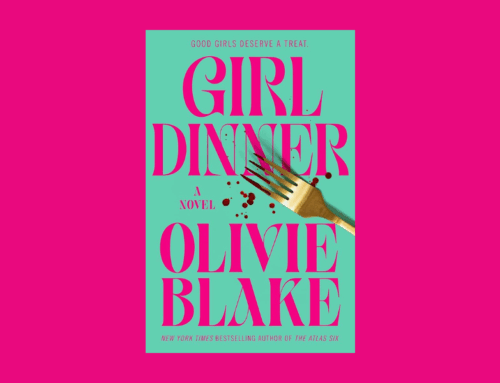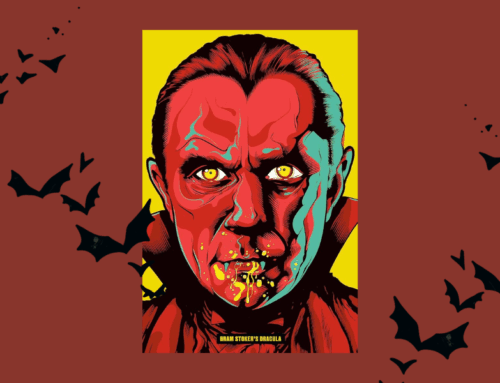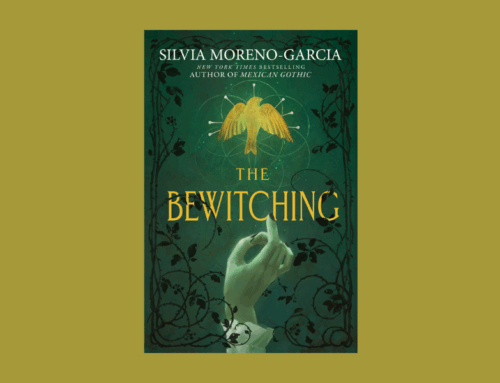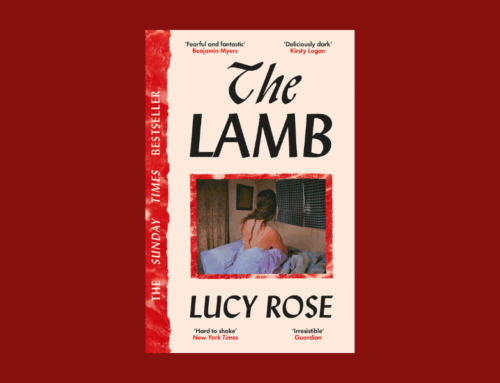By Damla
“History is a silent record of people who could not leave, it is a record of those who did not have a choice, you cannot leave when you have nowhere to go and have not the means to go there, you cannot leave when your children cannot get a passport, cannot go when your feet are rooted in the earth and to leave means tearing off your feet.”
———————————
Face to face with an unnamed, alleged national threat, Ireland has elected a neo-Fascist government. No questions can be asked in the face of suffocating new policies, no criticisms can be voiced. As the political party gains support and those in opposition begin to disappear on a daily basis, a giant divide starts to grow in the country. On one side is the steamrolling power of a strict police state, a guerilla civil uprising on the other. It might seem a little too literary-dystopian (in the lines of 1984 or The Handmaid’s Tale), but all of these things have happened and continue to happen in our day. What has made those dystopias so poignant is the same that makes Lynch’s book disturbing: it is just a bit too close to truth looking through a pessimistic lens.
All in all, The Prophet Song is a chilling portrait of war and growing pressure from the eyes of the citizens. We witness a dystopia growing day by day, minute by minute, unfolding in the home of the woman trying to hold her family together after losing her husband to the jaws of the growing monstrous power shadowing the country. It is a book about how a world can be broken again and again with every single moment that passes. And more than anything, it is a book about absence: absence of a husband wrongly convicted, absence of the courage to accept the worst, absence of the means to run away, absence of the support and hope you thought would come.
Although it might be difficult to get into in the beginning, the unconventional writing style also bolsters the spirit of the story with a desperate, resigned tone. I could feel the exhaustion of anxiety, doubt, and fear seeping through the sentences that run on in large blocks without paragraph breaks. Actions and conversations pass in one breath, giving the prose a numbing rhythm as the reader is borne away by the sweeping flood of the war.
This is certainly a heavy and emotionally exhausting book that is well worth the effort (and the prestigious literary award it has won.)
[…] the prophet sings not of the end of the world but of what has been done and what will be done and what is being done to some but not others, that the world is always ending over and over again in one place but not another and that the end of the world is always a local event, it comes to your country and visits your town and knocks on the door of your house and becomes to others but some distant warning, a brief report on the news, an echo of events that has passed into folklore […]




